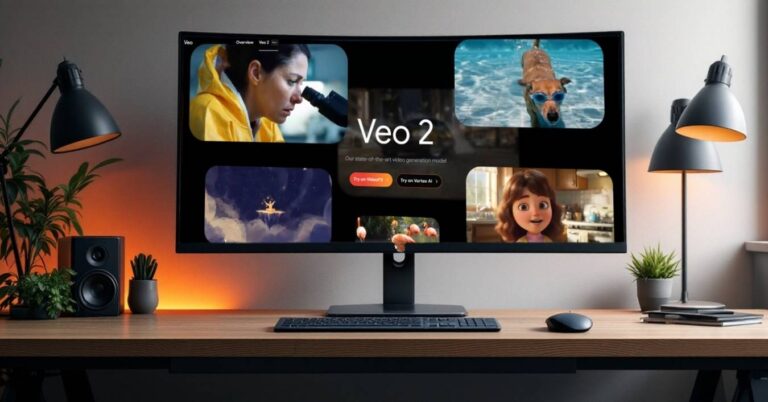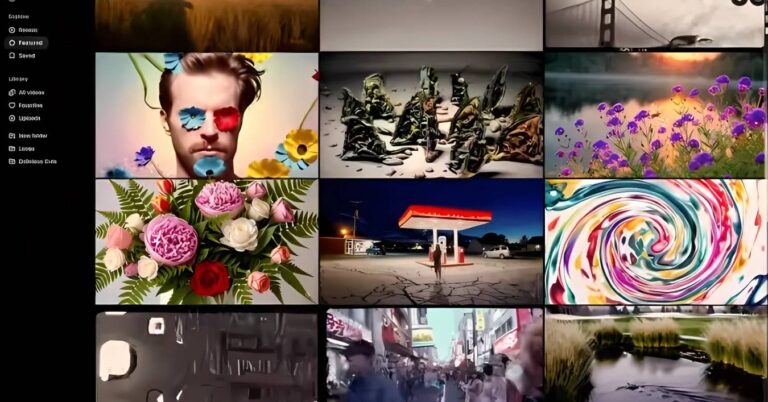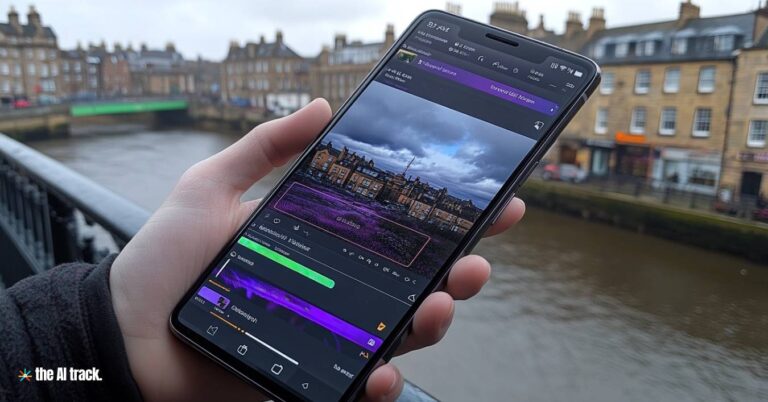Kling 2.0, developed by Kuaishou, significantly raises the bar for AI-generated video quality, offering unmatched fluidity, prompt sensitivity, and cinematic coherence—especially in long-form, image-to-video content. Its global rollout introduces multimodal editing, foundational model upgrades, and an ambitious strategy to position Kling as essential infrastructure for AI storytelling.

Kuaishou Debuts Kling 2.0 – Key Points
Developer & Release: Kling 2.0 was launched globally by Chinese tech giant Kuaishou on April 15, 2025, as a major upgrade to Kling 1.6. The announcement was made during the “From Vision to Screen” launch event in Beijing.
Massive User Base & Developer Ecosystem:
Kling AI now boasts 22 million global users and 15,000+ developers who have integrated its API into diverse industry workflows.
Video Length & Prompt Accuracy:
Supports videos up to 2 minutes long, outpacing OpenAI’s Sora in narrative flexibility. Creators report high fidelity to prompt intent, with filmmaker PJ Ace spending $1,250 in credits and calling the motion quality “10x better overnight.”
Multimodal Video Editing & MVL Concept:
Kling 2.0 introduces a new Multi-modal Visual Language (MVL) framework, allowing users to convey concepts like identity, emotion, movement, and style using a combination of text, image references, and video clips.
The Multi-Elements Editor enables real-time insertion, deletion, or modification of video elements—dramatically improving flexibility and precision in post-generation editing.
Enhanced Visuals & Prompt Sensitivity:
Kling 2.0 enhances semantic understanding, character consistency, and visual aesthetics, maintaining fluid movement and coherent structure even in dynamic scenes or complex compositions.
Editor Tools & Ecosystem:
- Kling 2.0 Master – for video generation
- Kolors 2.0 – for image generation, now with over 60 stylizations, enhanced cinematic aesthetics, and advanced prompt adherence
- Distinct from similarly named open-source “Kolors” models
Performance Benchmarks:
- Kling 1.6 Pro (HQ Mode) ranked #1 in Image-to-Video with a benchmark Arena ELO score over 1000 (Artificial Analysis, March 27)
- Kling 2.0 continues to dominate dynamism, aesthetics, and prompt fidelity, though not yet benchmarked publicly
Use Case Testing Categories:
Evaluated across five areas:
- Dynamism – excels in action, movement, and chase sequences
- Illustration – best-in-class imaginative video style rendering
- Text-to-Video – maintains object integrity and facial structure
- Structural Coherence – consistent object rotation and detail
- Multi-Subject Scenes – modest gains, still challenged in dense interactions
Market Landscape:
Competes with:
- Runway Gen-4 – emphasizes cinematic visual fidelity
- Google Veo2 – prioritizes photorealism and artistic control
- Pika Art – ranks below Kling in image-to-video testing
Subscription Plans:
- Free Plan: 6 generations/day, 4s clips, watermark
- $29/month: “Professional” mode, 8s clips, 30/day
- $89/month: High-resolution output, priority compute, advanced controls
Commercial Adoption:
Kling has API partnerships with major global firms including Xiaomi, AWS, Alibaba Cloud, Freepik, and BlueFocus, reinforcing its status as a backbone technology for enterprise content generation.
Content Volume:
To date, Kling has generated over 40 million video clips and 12 million images globally.
Creator Support Initiative:
The Kling AI NextGen Initiative was launched to fund and promote AI filmmakers, offering millions in financial support, global exposure, and access to top-tier features.
Why This Matters:
Kling 2.0 redefines AI storytelling at scale, providing creators—from solo artists to global enterprises—with tools to produce high-quality, stylized, and complex video narratives. Its integration of multimodal editing, semantic control, and industry APIs positions it as a foundational platform in the generative media ecosystem. As demand rises for scalable, expressive AI content, Kling’s expanded capabilities mark a critical turning point in how visual media is conceived, crafted, and distributed.
AI is revolutionizing filmmaking and content creation! This comprehensive guide compares the top 20 text-to-video tools, highlighting their strengths, and limitations
Read a comprehensive monthly roundup of the latest AI news!







